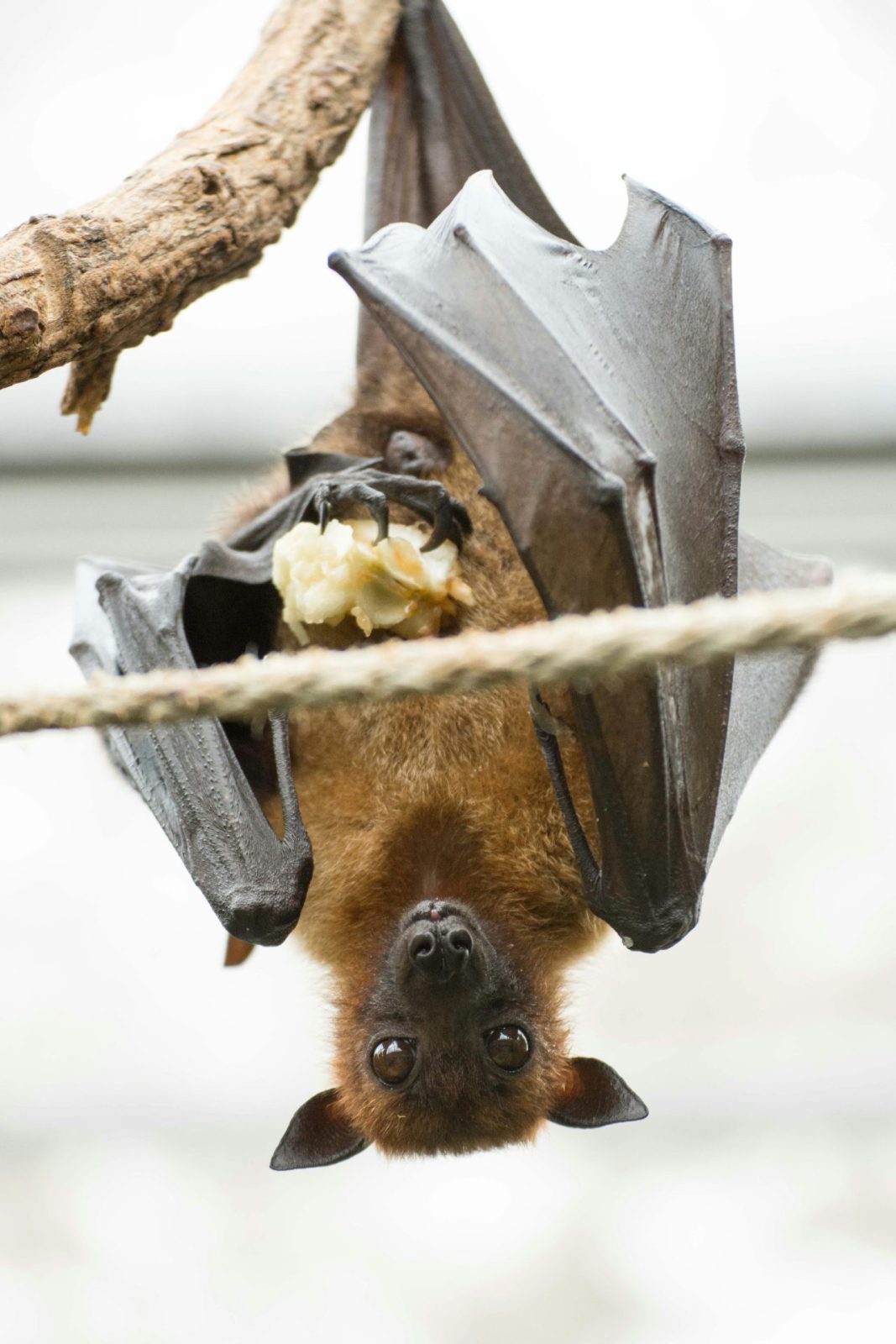
What is sustainable living? How Your Choices Shape a Sustainable Present and Future
By embracing sustainable living, we adopt practices that contribute to the well-being of the environment, society, and economy.

People like consuming wild meat for various reasons, often rooted in cultural traditions, culinary preferences, and perceived health benefits.
Wild meat holds significant cultural and traditional values during special occasions or ceremonies.
Additionally, some people enjoy distinct flavors and textures of wild game, which can differ from domesticated meats.
There's also a perception that wild meat is healthier due to its leaner nature and the belief that animals living in their natural habitat may be less exposed to antibiotics and hormones commonly used in livestock farming.
Moreover, for some individuals, hunting and consuming wild game are deeply ingrained activities that connect them with nature and provide a sense of adventure and self-sufficiency.
Human appetite for exotic, expensive, or in any way attractive items, such as wild meat, has led to three known zoonotic (animal to human) epidemics. Findings suggest that bats could be the original host for SARS-CoV.
Yet, the source of zoonotic pathogens is generally unclear and even unlikely to determine when an epidemic occurs.
Experts suggest that SARS-CoV will not be the last zoonotic virus to cross the species barrier. Our relationship with wildlife should dramatically change if we want to secure public health.

By embracing sustainable living, we adopt practices that contribute to the well-being of the environment, society, and economy.

The idea of a sustainable diet was established in 2010.

A sustainable diet is considered to be a diet that resembles a nutritionally healthy diet.

Sustainability goes beyond admiration; it is a commitment to maintaining the delicate balance between our species and the planet.

Several scientists are “defending” meat consumption, replying that red meat is the source of essential nutrients.
Welcome to Sustainable Living by Science. With our scientific mindset, we are exploring how to nurture our well-being while caring for the environment. We are sharing the meaning of sustainability through evidence-based practices. Join us on this journey towards a greener, healthier future where science guides us to make the best choices for ourselves, the planet, and others.
All content is © 2024 by Sustainable Living by Science. All rights reserved.